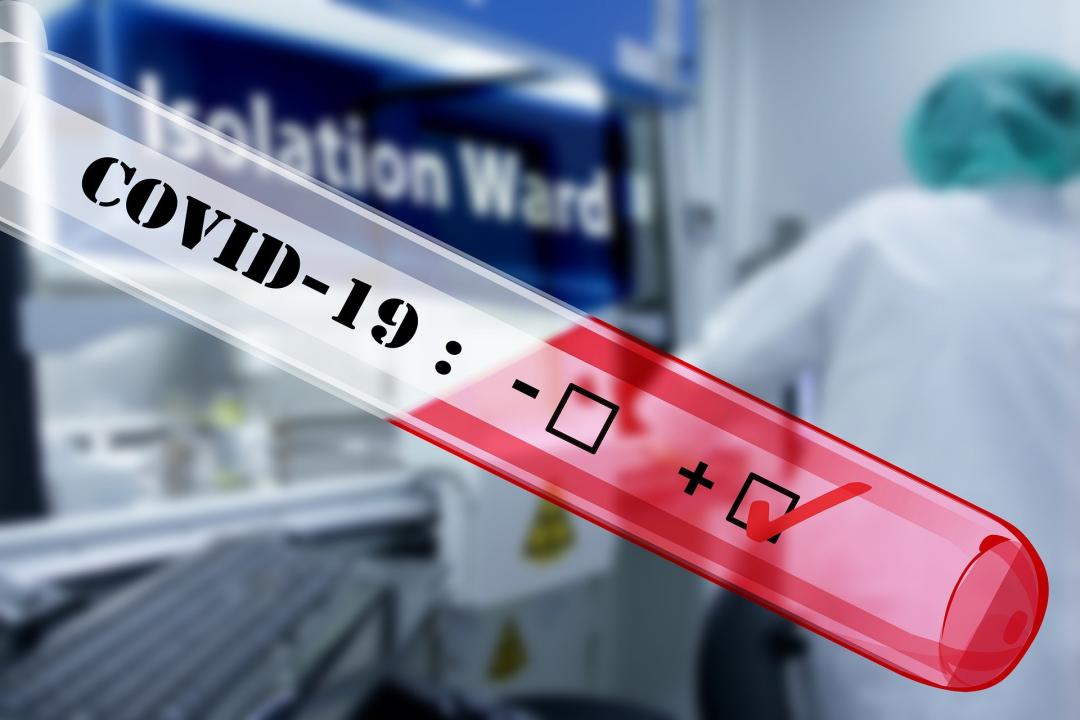
Covid-19 update in South Caucasus

On 22 December, the Georgian government stated that several Covid-19 restrictions originally scheduled to be lifted between December 24 and January 2 will not take place to preserve a ‘positive dynamic’ in curbing the spread of the virus.
According to the new government decision: 1) municipal transport in Tbilisi, Rustavi, Kutaisi, Batumi, Gori, Zugdidi, Poti and Telavi will not operate until 31 January 2021, nor will intercity transport; 2) open markets will not open until 31 January 2021 (only agrarian markets will work); and 3) shopping centres will be open between 24 December and 2 January. Additional restrictions would also be imposed in the country including: 1) shops will be open only between 07:00 until 19:00 o’clock; 2) only one customer per every 20 square meters of space in a store would be allowed in; 3) store administration must allow the creation of queues both outside and inside the shops; 4) sales must be announced in the morning or for items available via online shopping only; 5) the return or exchange of items will be available for one month; 6) food facilities will not be able to work in shopping malls, not even for takeaway service; 7) restaurants in hotels would work until 21:00 o’clock (between 24 December and 2 January only); 8) restaurants and food facilities would continue only takeaway services; and 9) an effective curfew will be in force between the hours of 21:00 and 05:00 (exemptions were only the 31 December and 6 January).
Some entrepreneurs in Georgia expressed their dissatisfaction with the newly imposed restrictions. The founder of Georgia’s Restaurateurs Association Shota Burjanadze stated in a press briefing that the restaurants in the country have to open by 15 January or otherwise face a risk of permanent closure. “If we take the pre-pandemic situation, where up to 11,000 venues operated, only 500 will survive,” he specified. Burjanadze also claimed that most restaurateurs had already left or were preparing to leave Georgia due to pandemic restrictions in the country. He warned against losing professionals in the field which he said employed 300,000 people. Responding to a possibility of state assistance for those affected, Burjanadze told reporters that the move would not be a complete solution, adding it would be a “massive problem if 300,000 people were left unemployed.“
It was also reported that the European Investment Bank (EIB) would loan €100 million to Georgia in order to upgrade and modernise key healthcare infrastructure in the country, provide professional training to new medical staff, and finance the procurement of essential medical equipment during the Covid-19 pandemic. In the past 24 hours, Georgia reported 2,345 new cases of the virus and 51 deaths, bringing the total tally to 214,871 cases and 2,233 deaths.
In Armenia, it was reported that the European Union (EU) disbursed additional €24 million in grants to support Armenia’s fight against Covid-19 pandemic. It was stated that the EU's decision followed a positive assessment on progress in development of a Mid-Term Recovery Plan (MTRP), macroeconomic stability, public financial management and state budget transparency in the frame of the Covid-19 Resilience Contract signed between the EU and the Government of Armenia. In the past 24 hours, Armenia reported 838 new Covid-19 cases and 18 deaths, bringing the total tally to 155,440 cases and 2,691 deaths.
No new developments regarding the pandemic were reported in Azerbaijan. In the past 24 hours the country reported 2,334 new cases and 46 deaths, bringing the total tally to 208,211 cases and 2,340 deaths.
See Also


Armenia Records 5.9% GDP Growth in 2024, Missing 7% Goal

Yerevan Balances Strategic Ties with Both US and Russia, Says Foreign Minister

FM Mirzoyan: Peace Deal with Azerbaijan Is Within Reach

Pashinyan and Erdogan Hold Call, Reaffirm Commitment to Ongoing Dialogue

